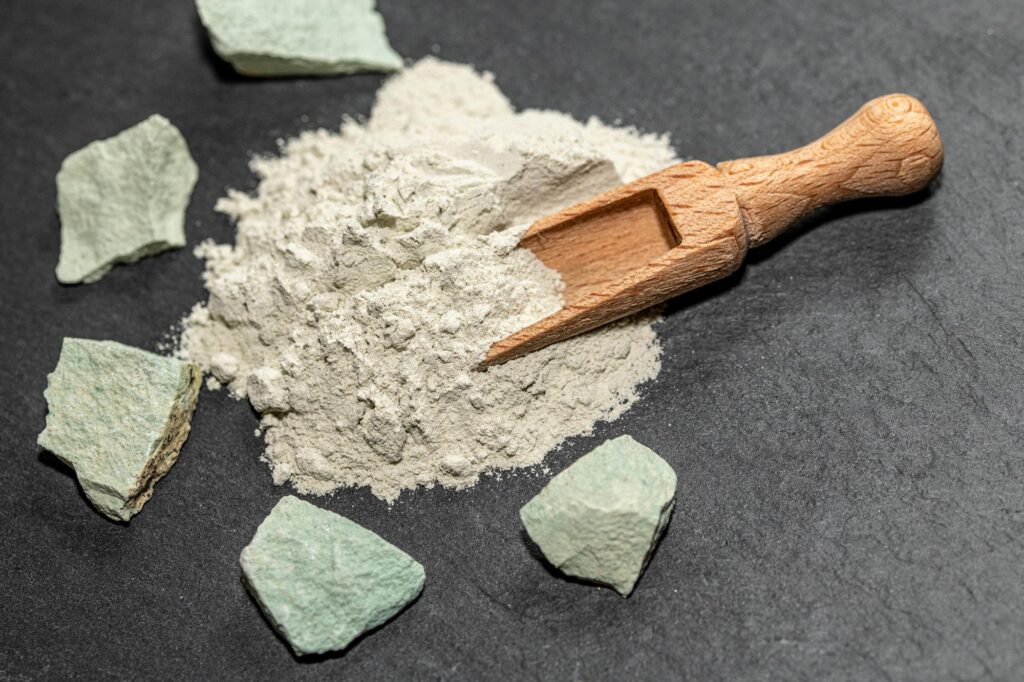Synthetic zeolite (ZEO13)
Synthetic zeolite (ZEO13) has wide applications in various industries,
including detergents and petrochemicals, due to its regular porous structure and high surface
absorption properties. This zeolite acts as an absorbent and catalyst and gives unique properties to
products.
The use of synthetic zeolite (ZEO13) in the detergent industry is that it absorbs
calcium and magnesium ions (which cause water hardness). This increases the efficiency of
detergents, because these ions react with surfactants and reduce their efficiency. Also, this type of
zeolite is used in the petrochemical industry to absorb moisture and remove some hydrocarbon
pollutants. This synthetic zeolite is available in powder and granule form.

Role of Synthetic Zeolite 4A in Detergent and Petrochemical Industries (ZEO13)
Synthetic zeolite 4A, due to its ordered porous structure and high surface adsorption properties, has extensive applications in various industries, including detergents and petrochemicals. This zeolite acts as both an adsorbent and a catalyst, imparting unique properties to products.
Role of Zeolite 4A in the Detergent Industry
- Water Hardness Adsorbent: Zeolite 4A adsorbs calcium and magnesium ions (which cause water hardness). This increases the efficiency of detergents as these ions react with surfactants and reduce their effectiveness.
- Moisture Control: Zeolite 4A can absorb excess moisture and prevent the formation of clumps in detergent powders.
Role of Zeolite 4A in the Petrochemical Industry
- Drying Agent: Zeolite 4A acts as a highly effective drying agent and can adsorb moisture present in gas and liquid streams.
- Catalyst: In some petrochemical processes, zeolite 4A is used as a catalyst to break chemical bonds and form new products.
- Impurity Adsorption: Zeolite 4A can adsorb impurities present in hydrocarbon streams and increase the purity of the final product.